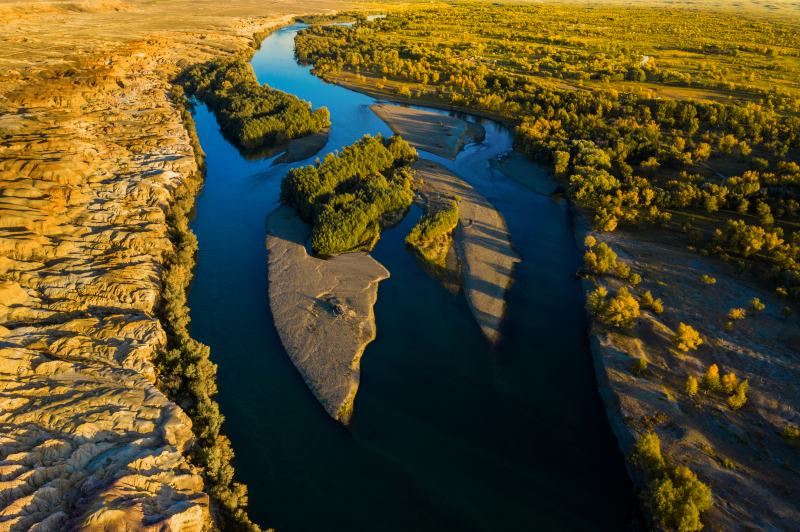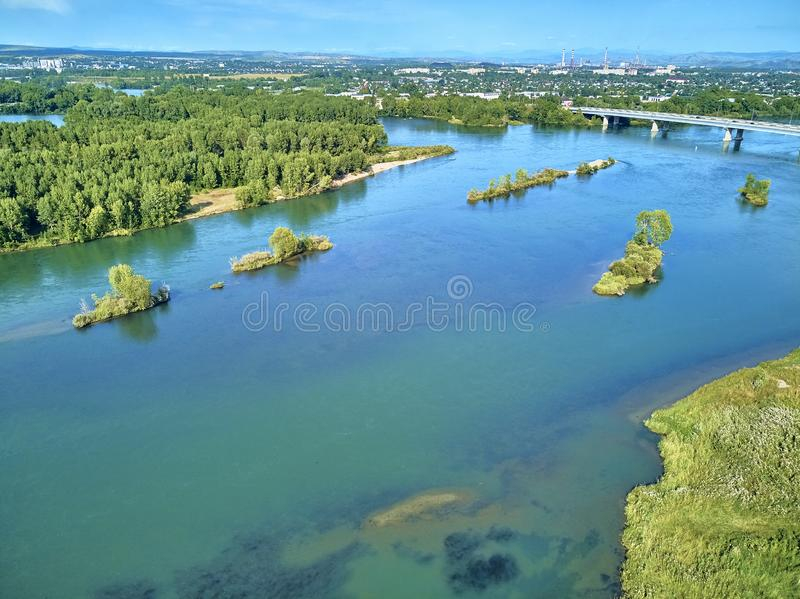Irtyish

The Irtysh is a river that flows through Russia, China, and Kazakhstan, and is a major tributary of the Ob River, which also flows through Russia, China, and Kazakhstan. This is one of the longest rivers in Kazakhstan. The river's source is in the Mongolian Altai, near the Mongolian border in Dzungaria (the northern portion of Xinjiang, China). The Ishim and Tobol Rivers are the Irtysh River's principal tributaries. Three big hydroelectric facilities, the Shulbinsk, Bakhtarma, and Ust-Kamenogorsk, are located along a portion of the Irtysh River in Kazakhstan. In Russia, China, and Kazakhstan, some roadways have been built where the Irtysh River passes through.
The Irtysh River has been a source of contention since the dawn of mankind. The Russians began to construct towns and strongholds in the 1580s, including Tobolsk and Tara, among others. The Mongolians became a southern neighbor of Russia in the 17th century, controlling the upper Irtysh River, resulting in conflict with the Russians. The Mongolians were vanquished by the Qing Empire of China in the 1750s, prompting the Russians to beef up protection along their frontier. The Treaty of Saint Petersburg, signed in 1881, ended Russia's border dispute with the Qing Empire. With a length of 2,640 miles, the Irtysh River is the longest river in Kazakhstan.
Some authors, particularly in Russia and Kazakhstan, refer to the upper course of the river, from its source to Lake Zaysan, as Black Irtysh (Kara-Irtysh in Kazakh, or Cherny Irtysh in Russian). In the past, the phrase White Irtysh was used to refer to the Irtysh below Lake Zaysan, in contrast to the Black Irtysh; however, this usage is now completely extinct. In the epilogue of Fyodor Dostoevsky's 1866 novel Crime and Punishment, the Irtysh River serves as a backdrop. The chapter "The White Kitten" in Aleksandr Solzhenitsyn's The GULAG Archipelago describes Georgi Tenno's escape from a camp beside this river.
Length: 4,248 km (2,640 mi)











